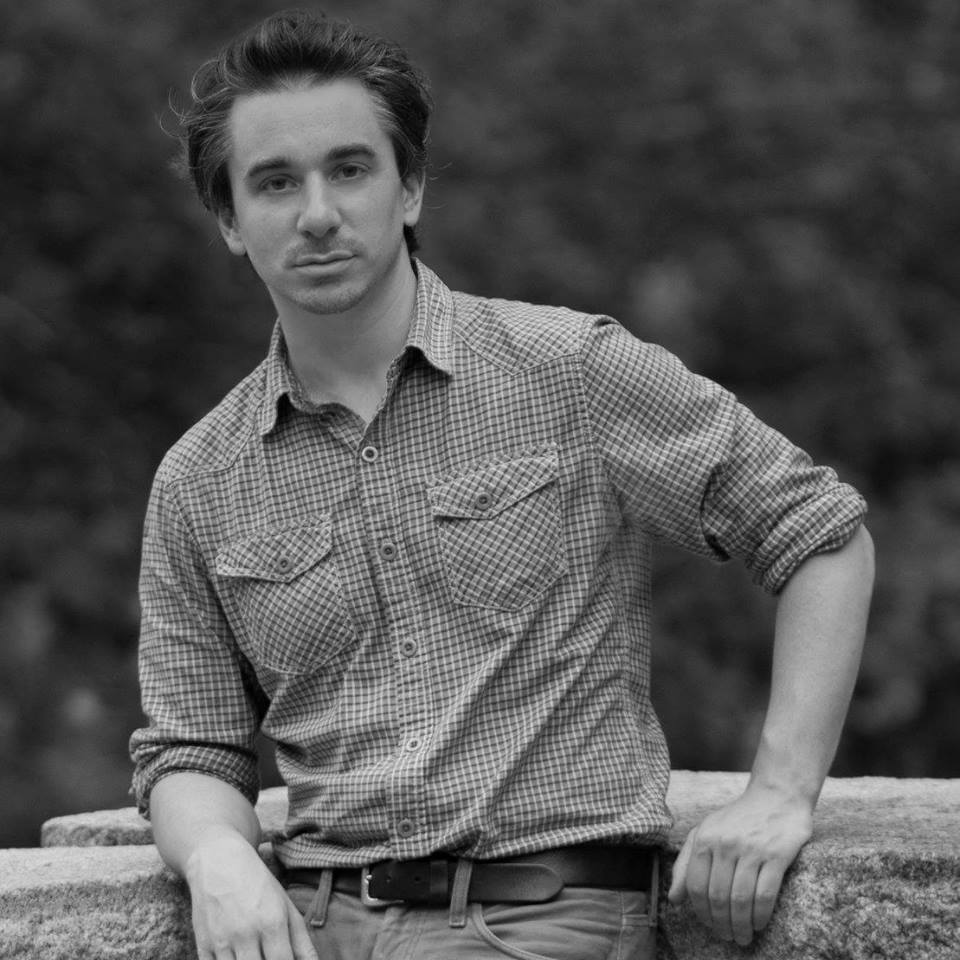|
Odysseus
Think of the moment before the moment.
Before recognition. Before the nurse saw
the boar’s scar coursing down his thigh
where the world had first entered him
in the forests of childhood. Before
Penelope. Before his battle for her heart.
Think of his moment alone on the shore,
his sailors running up to the village
where girls stood wringing spices
from their hair. Think of the gods saying to him
you do not have to praise ruin anymore;
you do not have to praise what is lost.
How you imagine him is how you enter things.
He is kneeling. Or he is weeping. Or he is turning
toward the sea again, thinking of the great deeds
of the hopeless. Think of him lifting the sands
and touching them to his tongue, to see
if it is real. If it is home. If it is time. Think of the moment
before he knew he had stepped out of the myths
and into his life. Whether that means to you
that he would sing, or mourn, or be lessened.
And his patience when he rose up again
and took himself the long way
toward his kingdom, not knowing
if it had all changed, or if love
had lasted, or if anything can last.
Think of him as though he were your life,
as though you had sat waiting at a loom
for long, dark years, weaving and unweaving
what you are. Think of your life returning to you
with eyes that had seen death. And whether
you would look away if you saw him
pausing a moment among the gardens
and the horses, listening to the song
of each thing, the common things he had forgotten.
Think of him hearing your voice again,
hiding his face in his hands
as he listened, hearing a music
of losses and joys, pestilence
and bounty, a beauty that had prepared
a place for him. And whether you would have him
be changed by that, or return
to what he was, or become
what he had come this way to become.
first published in RHINO, reprinted in The Crossing (Cider Press Review, 2018)
Metamorphoses
Step into the orchard. Yes, you. Fresh
from the city, from
the hinterlands, from love. Come
into this place where the only music is
ripeness, wolf-song, ravens.
But come unfalteringly.
You say
there is no history here? History
is only the body trying to become
a story that will outlast it.
Yes, it says, yes,
listen. And the trees
say it, here: in red, in gold, in gala.
Think of Maxentius
drowning in his armor. Of Catherine
on her wheel before the illuminated faces.
Think of Hector dragged around the city
in his feathered greaves,
all his goddesses weeping. Our one
task is to be ready, ready
for immensity, and our immensity is that we are
never. Come, then, stranger. Put off
those robes
of sackcloth, of madness, of ashes.
There is a time of ripeness
and a time when the ripening
instructs us. Our heart—what
does it matter—our heart is the six-legged
fawn-child, with its burden it cannot quite
fathom. Kneel
with it. Yes, you,
in the grasses. Kneel here. Be
vast again. Be turned.
As morning
does, as humbling
runs, let trouble
come, walking you
from one country to another.
As Actaeon, transfigured
by the huntress, felt first
a rush, then
nothing,
then the antlers blooming bone-
cold, humbling, clicking against the wilderness
as he fled it
with the terrible immensity
of his one brief life
that yesterday he never could have heard.
first published in Thrush, reprinted in The Crossing (Cider Press Review, 2018)
Colosseum
That summer I lay in it, I was hymn-thin;
I heard the dead calling out to me
across an ocean, a trial, a life. What they said was
dark birds, this world, lions.
Curled
under the shadows of the arches
I listened for the music
of surrender, the vespers of this one world
in its singing. Wild bells in the high vaults
of that city. The ancient
light. The heft of it. This day.
What I want still
is this world only: not the pyres, not the rising light
at evening, but the way down
through the briar in the briar.
Not bitterness, not the lifting,
but the weight.
The troubled dust
where the saint knelt down
in lions
and his prayer was so immaculately broken
that it sang to him
that ruin, too, will sing you.
Waste your life in singing it awake.
from The Crossing (Cider Press Review, 2018)
|

|